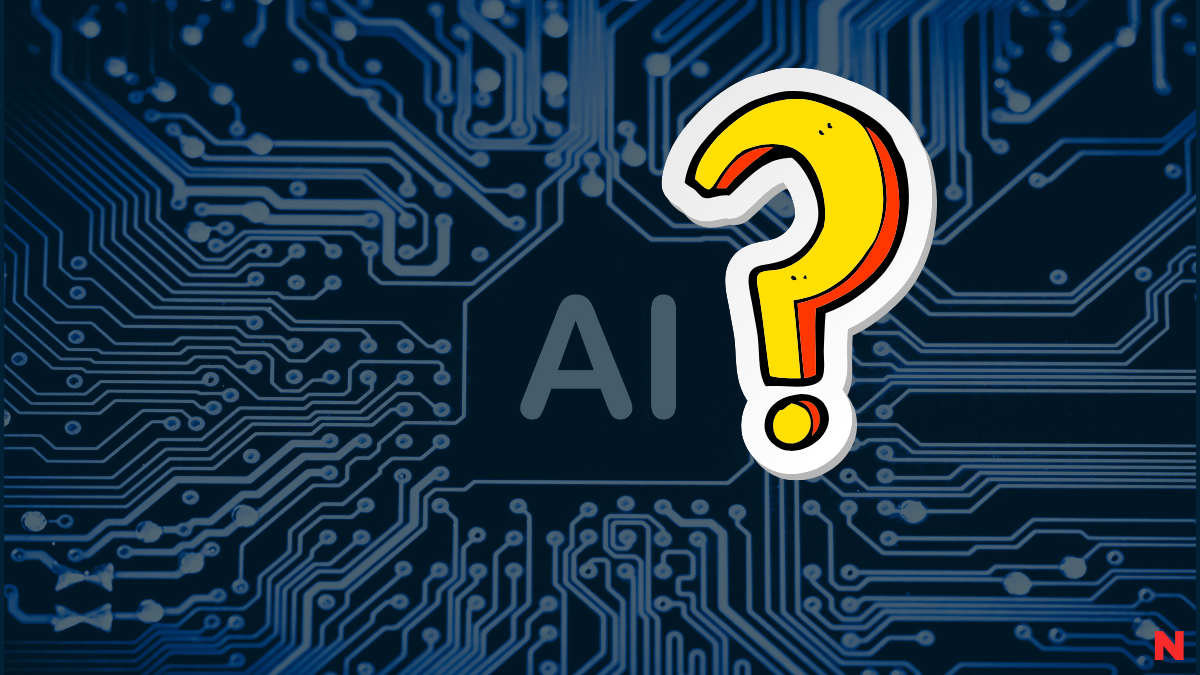Since the release of ChatGPT in November 2022, companies are locked in a frenzy to inject artificial intelligence into their products and services. But things haven’t panned out the way their rosy words might have had us (or their investors) believe.
Developing AI and staying ahead of the curve isn’t cheap. In fact, it’s very expensive, even by big tech standards. But keeping aside recent reports of companies losing billions in the pursuit, none of them have actually managed to monetize AI properly. And now, things are about to reach a tipping point. With all the promises that are made to users regarding AI, are any of them even worth the billions being spent?
How much do companies spend on AI research?
AI investments make up some of the biggest capital infusions in a single technology in recent history.
Microsoft is said to have spent $14 billion – and that’s in the most recent quarter alone. Other big tech companies are no different. Google plans to spend more than $12 billion for every quarter of this year, while Meta revised its predictions for this year’s capital expenditures by $10 billion.
These numbers are mind boggling, but they’re hardly overstated. Developing AI systems take a metric ton of computing power, which can only come from ultra expensive processing chips that are often in short supply. Then there are other factors to consider, such as the need for physical server farms, training AI models on quality data, continuous maintenance and updates, and getting AI experts. The operational costs themselves are staggering. This is one of the reasons why most AI startups, unless they’ve had the backing of investors, have gone to seed.
The cost of AI development is always much more than what it’s expected to be – a good heuristic when gauging future costs. According to a Goldman Sachs report, big tech companies are set to spend over $1 trillion on AI in the years to come. These include all the usual suspects – Microsoft, Alphabet, Meta, and Amazon. But before we turn to what these investments may or may not amount to, let’s consider what the last 20 months of AI developments have to show.
Who needs AI?

Though there are several studies that one can cite, consider the question yourself – how has AI impacted your work and daily tech use? For most tech users, OpenAI’s ChatGPT might be the only chatbot they use for research and general queries. But even the best of AI chatbots have very questionable content.
Other, lesser AI like Google’s Gemini have had a horrendous start (telling users to add glue to pizza, include rocks in their diet, even recommending a depressed person to jump off a bridge).
But keeping the blunders aside, the AI features that are now on the web or built into your device are hardly ‘revolutionary’. So AI can touch up your photos, create uninspiring music, provide document summaries, and talk to you in the voice of Scarlett Johansson (not anymore). But it’s hardly the quantum leap that will see everyone running to the store to get their AI-powered devices.
There’s a lot of hype, to be sure. The drummed up interest in AI has even driven up the profits of several companies in the short term. But from the point of view of big tech, the hype is necessary to buy them more time and investor interest while they continue their multi-billion dollar foray into this technology until it starts to pay off or they come up with a product that markets itself. For now, as is usually the case with new tech, they’re driving in the fog.
Investors question Generative AI, turn skeptical
The challenge for big tech is to assure investors that the money will eventually come. The Goldman Sachs report has now made the development and use of AI an open question. Jim Covello, Head of Global Equity Research, states: “AI technology is exceptionally expensive, and to justify those costs, the technology must be able to solve complex problems, which it isn’t designed to do.”
Many investors and AI experts echo the same sentiment. Unless there’s a “major” AI application developed sometime soon, it doesn’t look like big tech’s big bet on AI can amount to much. It may not augur bad times yet, but small signs are becoming noticeable.
A disappointing quarterly report from Alphabet (Google’s parent company) led to a market selloff last Wednesday. With the tech heavy Nasdaq falling by 3.6%, it was the worst day since October 2022. Though there’s wide variety of factors that could have led to it, one of the main reasons appear to be stretched valuations for the stocks of several tech companies, including Meta, Apple, Microsoft, Amazon, and chipmaker Nvidia – all of whom collectively have been pushing the S&P 500 to record highs.
These are not the death knolls of doom. In fact, experts state this as nothing more than a market correction. But if the winds changed and sentiments around tech stocks took a turn, the gains from earlier this year could be blown away – one reason why hedge funds and investment banks have been reducing their exposure to markets lately.
The clock’s ticking!
The same Goldman Sachs report mentioned before highlights that “[a] very favorable AI scenario may be required for above-average S&P 500 returns in the coming decade.”
There is still a lot of leeway for the AI horse. As it grows, AI is bound to find its place in daily use software, operating systems, and handheld devices. There are enough historical precedents to be hopeful about an ultimate AI breakthrough. But the advances aren’t likely to occur as quickly as we’re led to believe.
Daron Acemoglu, Institute Professor at MIT, states: “Given the focus and architecture of generate AI technology today… truly transformative changes won’t happen quickly and few – if any – will likely occur within the next 10 years.”
In either case, the hype around AI is not going anywhere for the time being. Even if nothing major ever arrives, the bubble will take some time to burst, as they usually do.
Exactly when investors and general users will call it out is a matter of pure speculation. Already rumors and murmurs are starting to grow. This could well be simply AI fatigue. But if there is no substantial return on investments, it would be hard to sustain the life cycle of AI as a tech product. If the magnitude of recent market corrections are any indication, we may soon witness a period of conservatism among investors. And that is when the death toll will truly sound.






